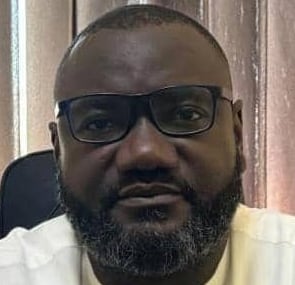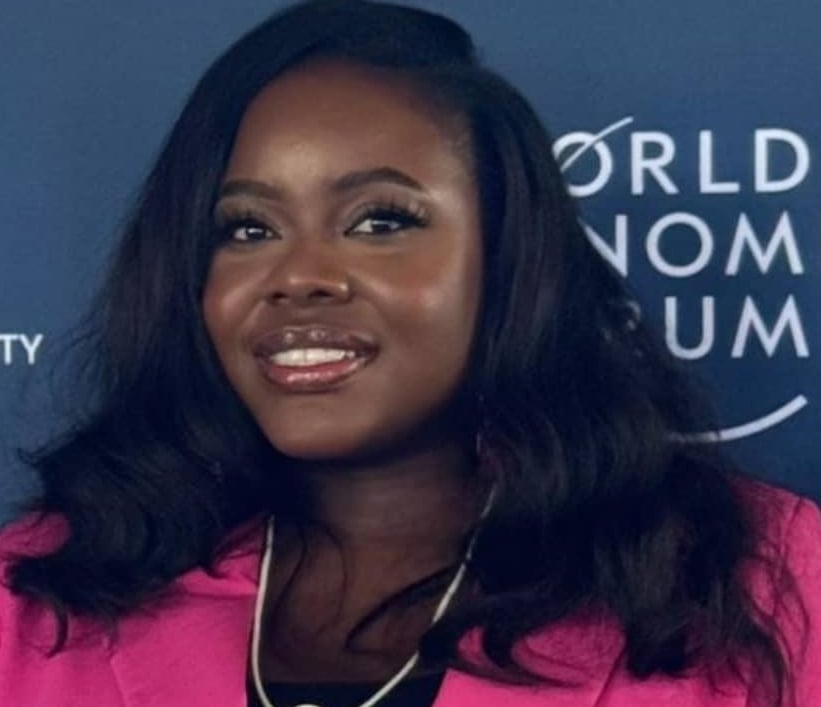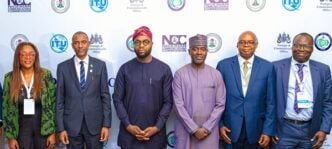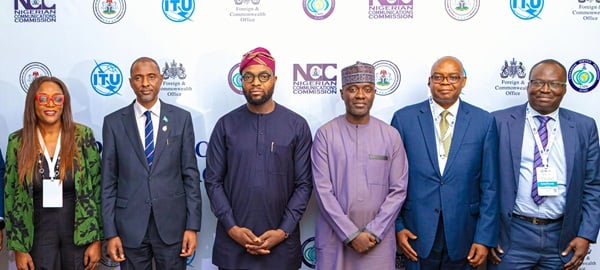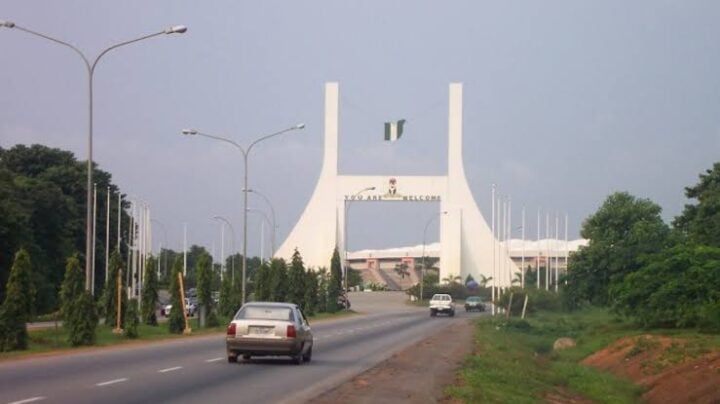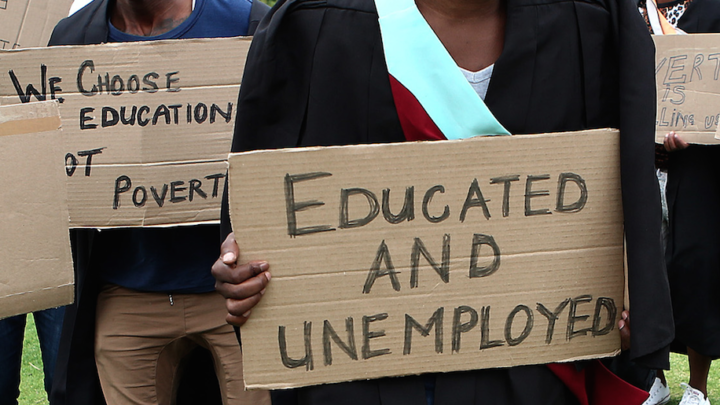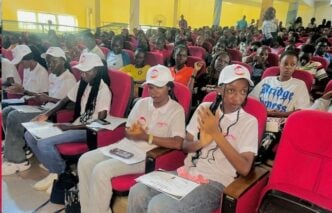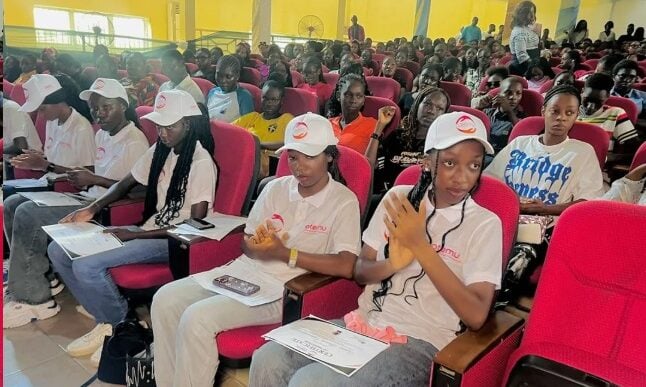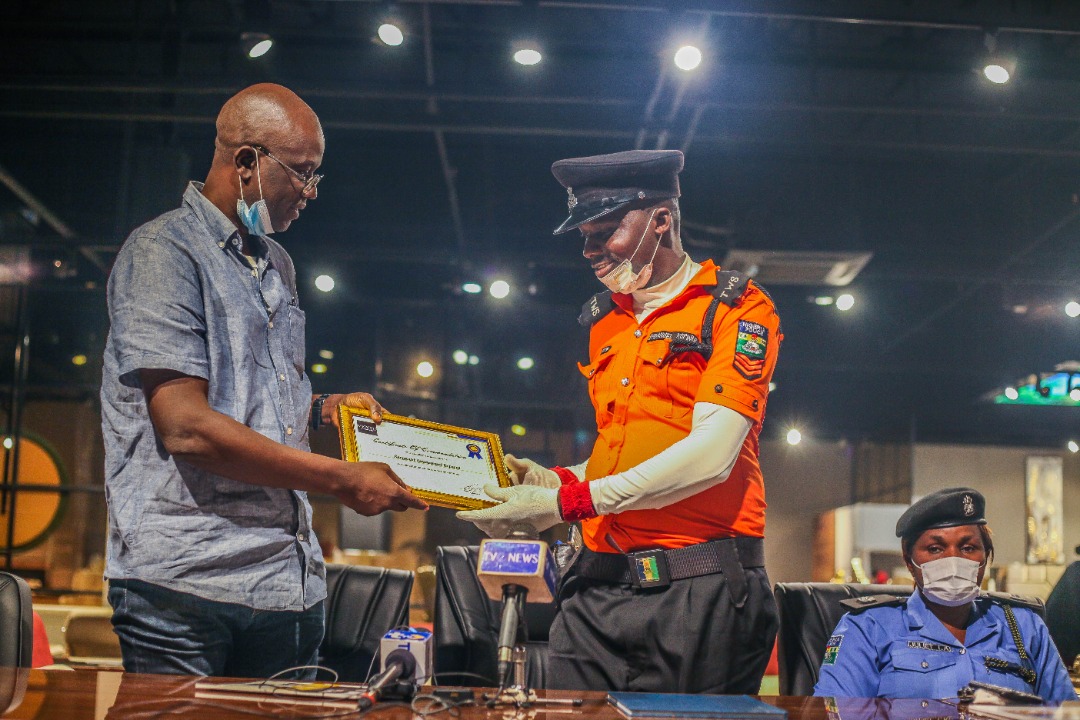In an increasingly fragmented literary landscape, few emerging voices manage to articulate the complexity of contemporary lived experience with the intellectual rigour and emotional authenticity that characterize the work of essayist Abayomi ‘Yomi’ Olusunle. At the intersection of personal narrative, health advocacy, and cultural criticism, Olusunle has established herself as a distinctive literary voice whose essays challenge stigma, interrogate systemic injustice, and ultimately affirm the transformative power of storytelling.
Olusunle’s most celebrated essay, “Black Women Living with HIV on Motherhood, Misconceptions and their Mental Health,” published in Black Ballad, exemplifies her distinctive approach to contemporary essay writing. Rather than offering neat resolutions or inspiring uplifting narratives, Olusunle sits with complexity. She moves between intimate conversations with women navigating motherhood while living with HIV, their fears and hopes rendered with startling honesty, and a broader analysis of how healthcare systems, media representation, and cultural stigma conspire to silence and marginalize these experiences. The essay refuses both sentimentality and clinical detachment, instead creating space where personal vulnerability becomes a vehicle for systemic critique.
This integration of the personal and political distinguishes Olusunle’s work across her published essays. Her three World Economic Forum contributions on neurodiversity and leadership, ethical artificial intelligence governance, and sustainable urban planning demonstrate her capacity to move fluidly between intimate experience and policy-level analysis. In “Neurodiversity and Leadership,” she begins with her own personal journey, then pivots to argue that organisations excluding neurodivergent perspectives are fundamentally limiting their capacity for innovation and ethical decision-making. The essay succeeds because Olusunle refuses to separate her personal revelation from its broader implications. Her experience becomes evidence; her story becomes an argument.
Her recent essay “23 KG and a Dream,” published by several national newspapers in Nigeria, offers perhaps her most sustained exploration of diaspora identity and the psychological complexity of migration. Writing about her own journey, Olusunle captures something often absent from migration narratives: the ambivalence, the grief of not belonging anywhere and belonging everywhere simultaneously, the weight of negotiating identity across borders. The essay avoids the triumphalist arc of “immigrant success stories.” Instead, it lingers on displacement, on the cost of adaptation, on what is lost in the process of becoming. This willingness to sit in discomfort, to refuse easy narrative resolution, marks Olusunle as a writer of genuine artistic sophistication.
Advertisement
Beyond her published essays, Olusunle’s editorial work further establishes her as a significant cultural voice. As editor for Cassava Republic Press on “Becoming Nigerian,” a collection by acclaimed author Elnathan John, she has demonstrated sophisticated curatorial judgment and commitment to advancing contemporary Nigerian literature on international platforms. Her editorial choices reflect both artistic discernment and cultural consciousness, positioning her as someone deeply invested in how Nigerian narratives are shaped, presented, and received globally.
Olusunle’s institutional leadership also merits attention. As Curator for the World Economic Forum Birmingham Global Shapers hub, she has designed and delivered over 50 community engagement events addressing mental health, neurodiversity, cultural belonging, and social inclusion. Her capacity to translate complex literary and intellectual work into accessible community dialogue positions her as an emerging public intellectual whose influence extends beyond publishing circles into grassroots cultural organising.
What distinguishes Olusunle’s work in the crowded landscape of contemporary essay writing is her refusal of false binaries. She does not separate the personal from the political, the emotional from the analytical, the individual from the structural. Instead, her essays model an integrated approach to storytelling where lived experience becomes a legitimate site of knowledge production, where narrative becomes a tool for both bearing witness and demanding systemic change.
Advertisement
Her work speaks to urgent contemporary conversations around health justice, neurodiversity, migration, and cultural representation. In centring the voices and experiences of those often rendered invisible in mainstream literary discourse, Olusunle is expanding what literature can do and who it can reach. As Olusunle continues her work, her voice will undoubtedly become increasingly influential in shaping how contemporary literature engages with questions of identity, justice, and belonging. She represents the calibre of emerging literary talent that should be celebrated, supported, and widely read.
Abayomi ‘Yomi’ Olusunle is an essayist and cultural leader whose work addresses health justice, neurodiversity, migration, and identity. She has been published on the World Economic Forum, Black Ballad, Thisday Nigeria, Black Minds Matter UK, and other platforms. She holds an MSc in Psychology and is British Psychological Society accredited. She serves on the boards of Terrence Higgins Trust and Noetic, is a UN Women delegate, and curates the World Economic Forum Birmingham Global Shapers hub.
Ocheja, PhD, a seasoned writer and military historian, obtained his doctorate from the Nigerian Defence Academy (NDA), Kaduna, Nigeria. He is a member of the editorial board and columnist with Leadership newspapers, one of Nigeria’s leading dailies.
Advertisement
Views expressed by contributors are strictly personal and not of TheCable.
